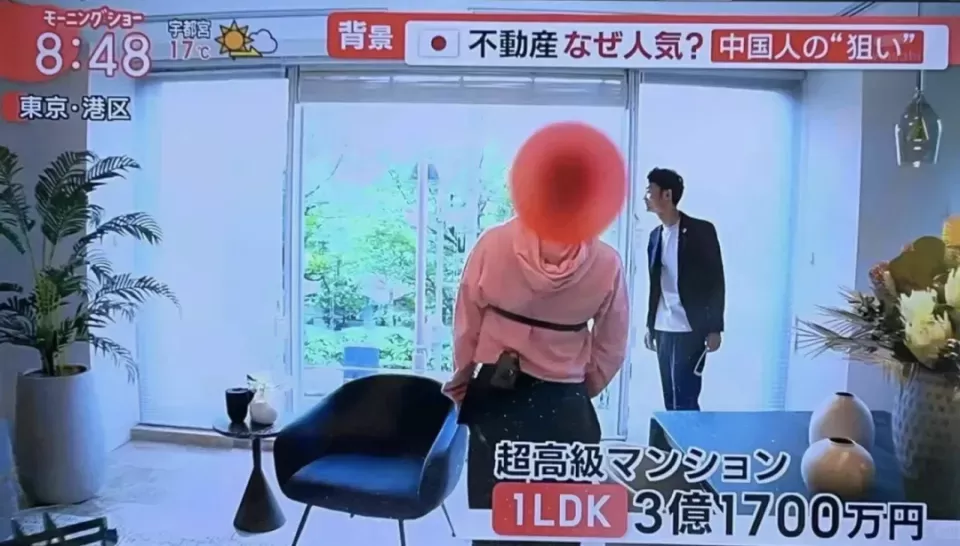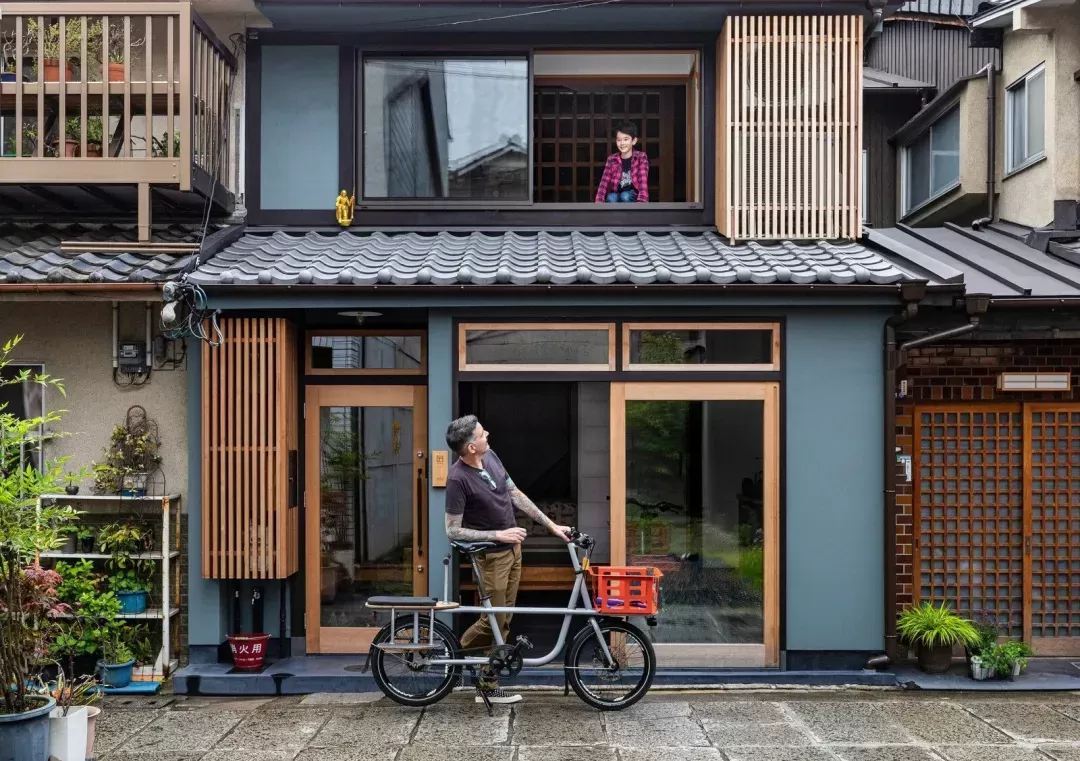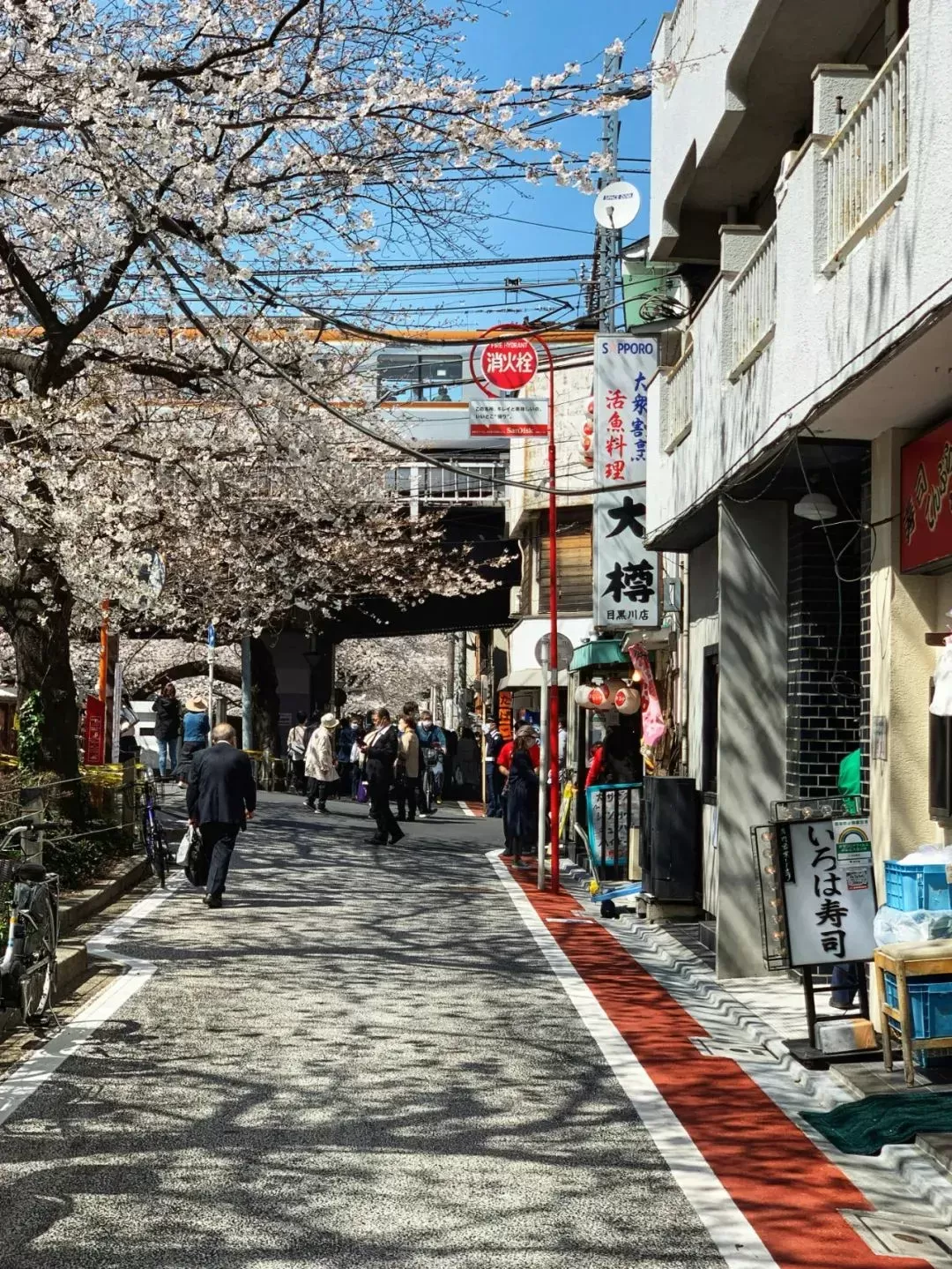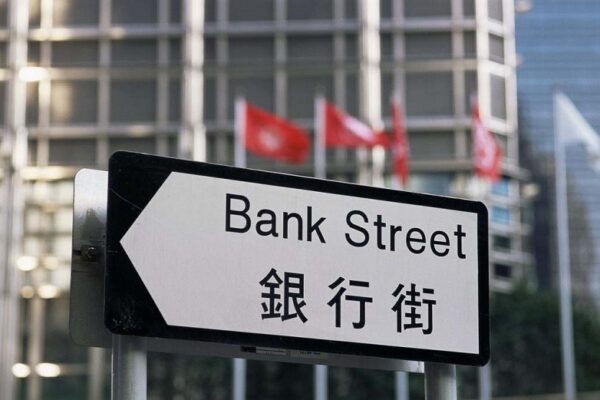
New Trend for the Rich: Many Mainland tycoons plan to move to Hong Kong
2024-05-14
Investing in Japanese Real Estate, Preferred Osaka
2024-05-17During the past May Day holiday, Japan became the biggest winner of outbound travel. This phenomenon was largely due toCurrent Exchange Rate Advantages of the Chinese Yuan against the Japanese Yen, offers an attractive travel and shopping experience for visitors.

Recently, the exchange rate of the Chinese Yuan to the Japanese YenReached a peak in recent yearsAs of 14:00 on May 10, 1 yuan can be exchanged for 21.53 yen. Compared to last year, when the exchange rate was the lowest, 1 yuan can only exchange 18 yen, and in 2020, 1 yuan is only 14 yen.

Exchange rate changes translate directly into travel expenses, shopping expenses"Big discount.". Such advantages have inspired Chinese tourists to buy, and they have flocked to major shopping areas in Japan, especially luxury stores, such as watches, jewelry and accessories, and international brand-name leather goods, all of which are highly sought after by Chinese tourists.
Meanwhile.The depreciation of the yen has also boosted the Japanese real estate market.Many Chinese tourists, while visiting and sightseeing, have quietly completed theFrom "Tourist" to "Japanese Landlord"The role change.

Legend has it that the Chinese who went to Japan to buy houses
"One person wants to buy 5 to 10 apartment houses"; "Each set is about RMB 2 to 10 million"; "Settle in cash". Having money is the main impression that Chinese home buyers leave on Japanese real estate agents.
A Japanese real estate agent once complained in a media interview, "Chinese buyers often bring boxes and boxes of cash to pay, and it's really tiring to count them." Because of the cumbersome procedures, it is difficult for Chinese people to qualify for loans at Japanese banks, and so a large number of Chinese people who bring cash to Japan to buy houses have appeared.

In recent years, Japan has become increasingly popular with investors as a focus of attention in the overseas real estate transaction market. According to CBRE, a leading global commercial real estate service provider, theJapan has steadily topped the list of attractive investment destinations in terms of the total number of real estate transactions over the past five years.This fully demonstrates the attractiveness and potential of the Japanese real estate market.
Advantages of real estate investment in JapanWhat exactly are they?

1. Housing prices are at a low level
After a long period of adjustment in the Japanese real estate market, home prices are still at relatively low levels. Despite the recovery in recent years, there is still a significant gap compared to historical highs, signaling greater upside potential in the future.
2. Freehold, unlimited purchase
One of the unique features of the Japanese property market is that it offers freehold ownership, giving buyers unlimited rights to purchase and realizing true ownership of land and houses.
In addition, the property purchased is fully owned by the individual and can be passed on to future generations in accordance with the law, and the actual area purchased is the usable area for living, with no communal costs.

3. Robust market value-added trends
In recent years, land prices, housing prices, and even rents in and around Tokyo have been steadily rising.
Taking the six wards of central Tokyo as an example, the data showed that the average selling price per 70 square meters of second-hand houses reached 115.07 million yen (equivalent to about 5.38 million yuan) in March, a monthly increase of 1.1%, and an annual increase of as high as 13.1%, a record high.
4. Lower holding costs
Compared to many major cities around the world, the cost of owning property in Japan is relatively low. Annual taxes, which mainly include Fixed Asset Tax and Urban Planning Tax, total approximately 0.3% to 0.4% of the property value, with a maximum of 1%, depending on the type of property and its assessed value.
5. Monetary advantages and policy support
As a free-floating currency, the Japanese yen facilitates the rapid transfer of large-scale funds. Its status as a globally recognized safe-haven currency, coupled with a low interest rate environment and very low inflation, ensures the long-term stability of the yen's purchasing power, making the purchase of real estate in Japan an ideal choice for overseas asset allocation, which is conducive to diversification of investment risks and preservation of value.

Overall, Japanese real estate is one of theLow-risk robust products.
At the same time, the Government of Japan has actively launched a series of policy measures.attracting foreign investors to the real estate market.Further contributing to the boom in Japan's real estate market.
It is foreseeable that for some time to come, theJapan will remain one of the popular destinations for cross-border real estate investment.If you are interested in Japanese real estate, please contact Timeless Group!


